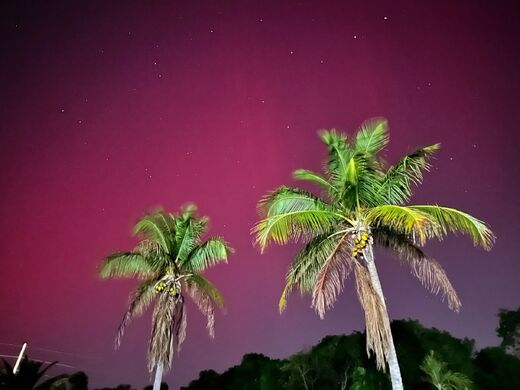
Homes were swept away in Regent, in the outskirts of Freetown, while roads turned into rampaging rivers as the mudslide struck.
Relatives dug through the mud in search of their loved ones and a morgue overflowed with bodies after heavy rains and flooding.
Shocking pictures on social media have emerged online showing bodies piled up in the mud and people wading through mud.

'The capacity at the mortuary is too small for the corpses,' he told the Sierra Leone National Broadcasting Corp.
Kamara urged the health department to deploy more ambulances, saying his mortuary only has four.
Sierra Leone's national television broadcaster interrupted its regular programming to show scenes of people trying to retrieve their loved ones' bodies. Others were seen carting relatives' remains in rice sacks to the morgue.


Military personnel have been deployed to help in the rescue operation currently ongoing, officials said.
Many of the impoverished areas of Sierra Leone's capital are close to sea level and have poor drainage systems, exacerbating flooding during the West African country's rainy season.
Vice President Victor Foh said: 'It is likely that hundreds are lying dead underneath the rubble.
'The disaster is so serious that I myself feel broken,' he added. 'We're trying to cordon (off) the area (and) evacuate the people.'
People cried as they looked at the damage under steady rain, gesturing toward a muddy hillside where dozens of houses used to stand, a Reuters witness said.

Other images showed battered corpses piled on top of each other, as residents struggled to cope with the destruction.
Local media reports also said that a section of a hill in the Regent area of the city had partially collapsed.
Freetown, an overcrowded coastal city of 1.2 million, is hit annually by flooding during several months of rain that destroys makeshift settlements and raises the risk of waterborne diseases such as cholera.
Flooding in the capital in 2015 killed 10 people and left thousands homeless.
Sierra Leone was one of the west African nations hit by an outbreak of the Ebola virus in 2014 that left more than 4,000 people dead in the country, and it has struggled to revive its economy since the crisis.
About 60 percent of people in Sierra Leone live below the national poverty line, according to the United Nations Development Programme.




Reader Comments
to our Newsletter